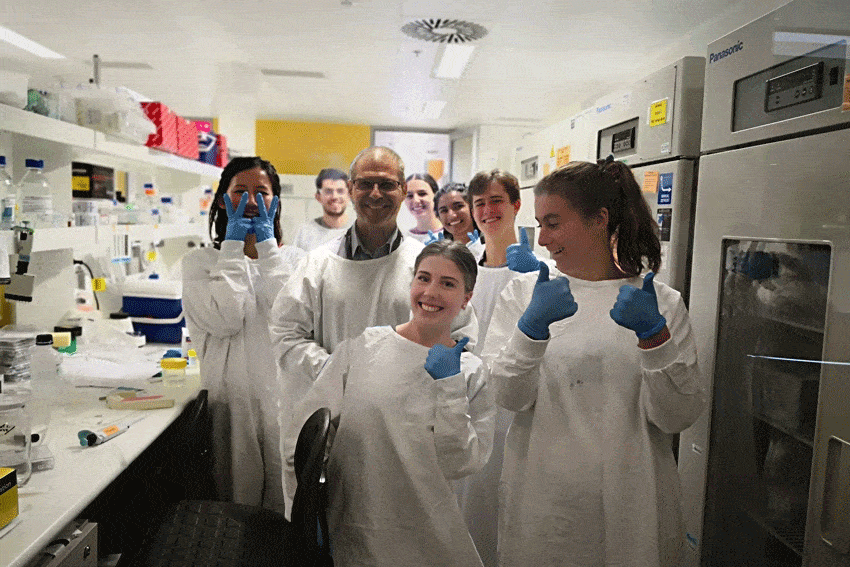
Annual grant extended to other pro-life uses
The Catholic Archdiocese of Sydney is inviting medical researchers to apply for a $100,000 grant to support ethical research in Australia at the service of human life.
Archbishop Anthony Fisher OP said the grant, the tenth offered by the archdiocese since 2003, is aimed at supporting innovative research which respects Catholic moral teachings.
“We are committed to a culture of life, including scientific research that respects human life from conception until natural death,” he said.
“At a time when many state parliaments have implemented laws that attack the sanctity of life through abortion or euthanasia, and the federal parliament is considering laws to allow the creation of babies with three genetic parents, these research grants are more important than ever to advance responsible medical research which respects the dignity of human life”.
“We are committed to a culture of life, including scientific research that respects human life from conception until natural death” – Archbishop Anthony Fisher OP
Previously the archdiocesan grant could only be used for research involving the therapeutic use of adult stem cells. This year it has been extended to other pro-life medical research including investigating medical approaches to assisting infertile couples, medical treatments conducted on babies in-utero, and palliative care treatments at all stages of life with a focus on pain management.
The 2015 recipient, Professor Nick Di Girolamo from the School of Medical Sciences at the University of NSW, said the Archdiocese of Sydney grant has been pivotal to his work towards treating and potentially curing corneal disease that can cause blindness.
“To date we have located stem cells in the mouse cornea and we are beginning to validate our findings in adult human donor corneas which is very encouraging”, Professor Di
Girolamo said.
Hoped-for transplant breakthrough within five years
“Through the award from the Archdiocese of Sydney, we were able to accrue key preliminary research data that helped us secure additional funding from the National Health and Medical Research Council of Australia and a soon-to-be awarded grant from the US Department of Defence, to progress our studies towards clinical outcomes”, he added. “Our hope is that within four or five years, we will be able to clearly apply our findings on mice to humans.
“Ultimately this would lead to better treatments because patients would be able to receive transplants with better quality stem cells than are currently available”.
Director of Public Affairs and Engagement Monica Doumit said she was “especially pleased” that the grant was being extended to include research on natural fertility methods.
“So many couples struggling with infertility are unnecessarily pushed down the IVF route before other means of potentially treating the causes of the infertility are explored,” she said. “At the same time, researchers in the area of women’s fertility can find it difficult to secure sufficient funding for their work.”
Applications close on 18 October 2021 and the winner will be announced on 29 November 2021. For details and how to apply see www.sydneycatholic.org/about-us/medical-research-grants/
Related:
